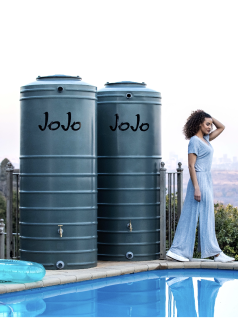All of us should adopt a water conservation approach that is a combination of reducing the amount of water used, conserving water better, recycling as much as we can and being sensitive to the many competing demands placed on our sensitive and scarce water resources.
Why is it important to save water?
Water is the lifeblood of the planet and we have a responsibility to care for it and play our part in conserving it. Given that South Africa is ranked as the 30th driest country in the world, coupled with an often unreliable water infrastructure, we must employ innovative methods to ensure water security during times of low supply. That’s why we need to shift our reliance from expensive centralised water supply lines to cost-effective decentralised water conservation options that includes both rainwater harvesting and greywater harvesting.
We can harvest rainwater
The beauty of rainwater harvesting is that it is a water source available to all of us, AND completely free from the sky. When we harvest rain at homes or at our offices, we not only cut out the need for expensive infrastructures, we collect water at exactly the point where we will be consuming it and we embark on an altogether more robust, resilient and planet-friendly approach to water consumption.
Collecting rainwater from our own roofs may also turn out to be the only way of ensuring an adequate water supply for growing populations, increased pressure on antiquated water supply systems and climate change.
We can harvest greywater
The average family of 4 uses around 940Lt of water per day (315 840Lt pa) and almost 90% of that water simply leaves the home as wastewater. Added to this, approximately 60% of that household water which leaves the home as wastewater can be reused as grey water and it is perfect to water gardens, wash cars and driveways and flush toilets.
Greywater is generated in homes every day. The basic sources are showers, baths, hand basins and washing machines. This greywater can be harvested using a JoJo tanks greywater harvesting system. The greywater can be reused for non-potable water purposes. Re-using greywater results in money savings in the long term, reduces the need to use expensive potable municipal water for non-potable uses is good news in the face of potentially increasing water prices and it also reduces our carbon footprint.
JoJo Tanks is dedicated to playing an active role in improving the quality of life for our fellow citizens by promoting responsible water sourcing, storage, and recycling.

